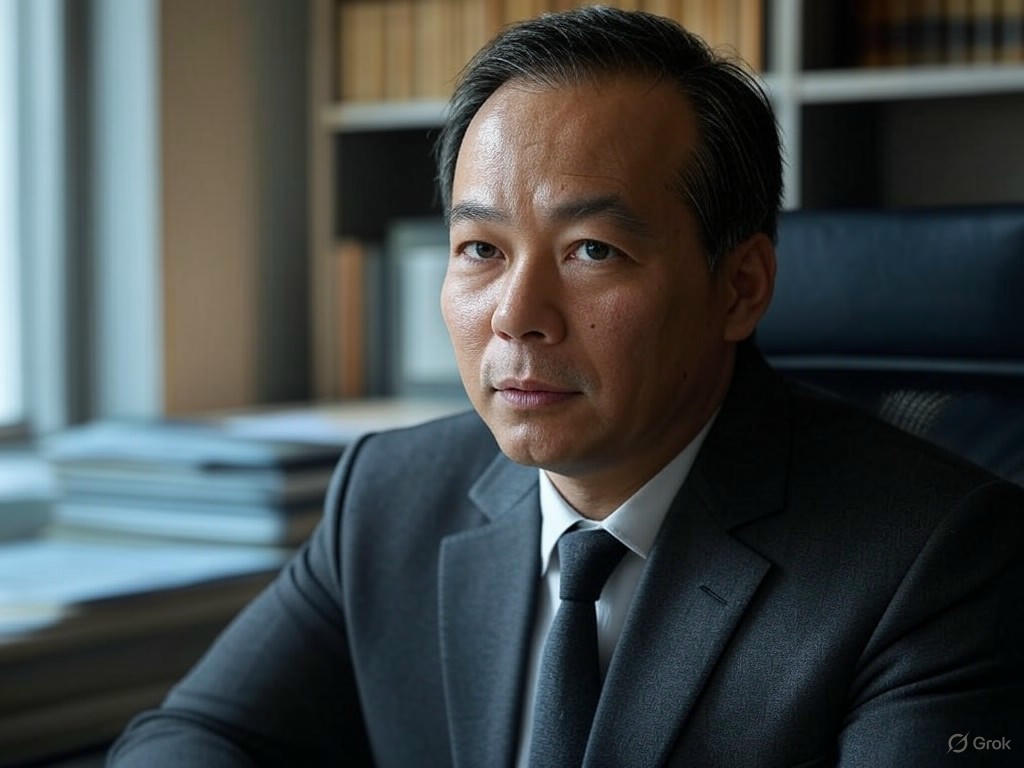Behind the Strategy: How Real-World Inequality Shaped a Gaming Classic
Few games have captured the intricate dance of power and betrayal quite like Final Fantasy Tactics, a strategy RPG that remains a beloved classic decades after its release. Recently, the game’s visionary director, Yasumi Matsuno, opened up about the deeper inspirations behind this iconic title, revealing how real-world societal disparities influenced its narrative and themes. Far from being just a fantasy epic, the game serves as a mirror to the struggles of class divides and political unrest that Matsuno observed in the world around him.
At its core, Final Fantasy Tactics tells the story of a young nobleman navigating a web of conspiracy, war, and inequality in the fictional realm of Ivalice. The game’s intricate plot and morally complex characters have long been praised for their depth, but Matsuno’s recent comments shed new light on the motivations behind these elements. He explained that the stark contrasts between the privileged elite and the downtrodden masses in the game were drawn from his observations of economic and social imbalances in modern society. Matsuno wanted players to question the systems of power that perpetuate such divides, embedding a subtle critique within the game’s medieval-inspired setting. This approach transformed a seemingly fantastical tale into a poignant commentary on human struggles, resonating with players across generations.
Matsuno’s reflections highlight how video games can transcend mere entertainment, becoming a medium for social discourse. By weaving themes of inequality into the fabric of Final Fantasy Tactics, he encouraged players to think critically about the world beyond their screens. The game’s mechanics, such as the strategic battles that often pit underdog forces against overwhelming odds, further emphasize the uphill battle faced by those on society’s margins. Matsuno’s intent was not to preach but to provoke thought, allowing players to draw their own conclusions about fairness and justice through the lens of Ivalice’s conflicts. This balance of storytelling and gameplay made the title a standout, inspiring countless developers to explore deeper narratives in their own works.
Looking back, Matsuno’s bold choice to infuse real-world issues into a fantasy game was a risk that paid off. Final Fantasy Tactics not only entertained but also challenged its audience to reflect on the inequalities that persist in our own societies. His recent candidness about these influences serves as a reminder of the power of art to address uncomfortable truths, even in a medium often dismissed as escapist. As gaming continues to evolve as a storytelling platform, Matsuno’s legacy endures, proving that even pixelated knights and mages can spark meaningful conversations about the world we live in. With every strategic move on the battlefield of Ivalice, players are reminded that the fight for equity and understanding is a timeless one, both in games and in life.


